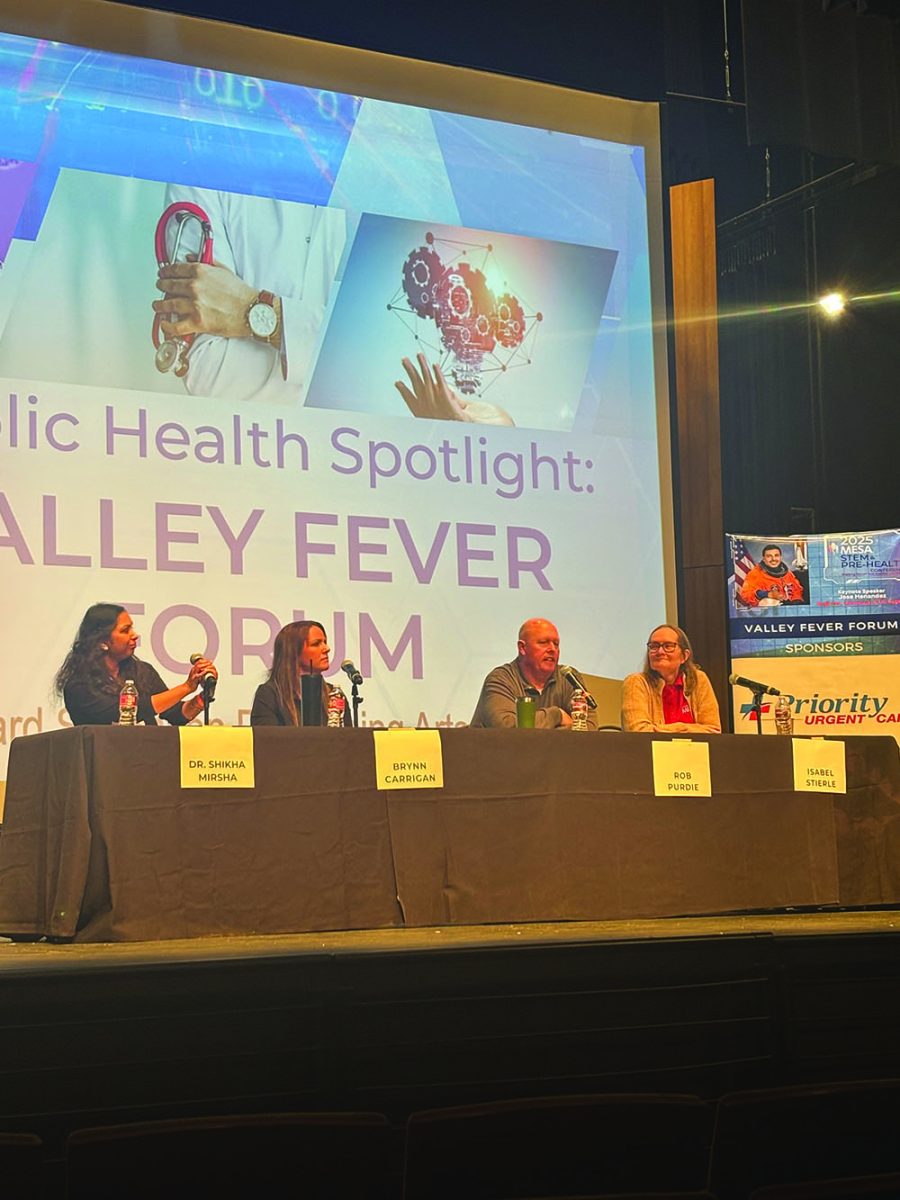The Kegley Institute of Ethics and the CSUB Campus presented New York Times best-selling author Dr. Ibram X. Kendi
The KIE and CSUB presented a webinar featuring Dr. Ibram X. Kendi (right) and hosted by Dr. Michael Burroughs (left).
April 19, 2021
The Kegley Institute of Ethics (KIE) and the CSUB Campus present a webinar featuring Dr. Ibram X. Kendi on April 14 for the 34th annual Charles W. Kegley Memorial Lecture. Dr. Kendi is a number one New York Times best-selling, professor in humanities, and is the founding director of the Boston University Center for Antiracist research. In 2020, Time Magazine named Kendi one of the 100 most influential people in the world.
The webinar was hosted by Dr. Michael Burroughs, the director of the KIE. They discussed how to overcome racism as a society. The professors discussed ways communities can come together by engaging in kinship and conversations with students of diverse backgrounds.
Kendi explained that there are disparities between racial groups in our society. He said that Black Americans face many disparities regarding the status quo. He explained that there is a hierarchy in White America where one racial group is seen as better and another as less than or as Kendi expressed, barbaric.
“We need to empower teachers to teach our kids different cultures,” he said.
Kendi said that we must start in our educational institutes by having open minds and have the ability to crave knowledge. He explained that teachers should be comfortable talking about different racial backgrounds as well as different sexual orientations. He said there must be justice for women, and transgender women.
Kendi talked about his award-winning book “How to Be an Antiracist”, and explains that one must define love in order to work towards stable and consistent goals to become an antiracist. He said that we must understand that love is an action that must be nurtured for growth and development in our communities.
Kendi said that people must look at their own actions as being either constructive or destructive for their society. According to Kendi, people should understand that policies can protect people, provide safety, and hold people accountable. These policies can free communities and allow people to be their best form of themselves. He explained that racial groups can become equal but due to our current policies and practices there are mass disparities between groups. Kendi said that the people can change the current policies by recognizing that there needs to be change.
The discussion ended with a Q/A session. One of the questions asked about how he dealt with dealing with the subject of racism, and Kendi explained that to not feel overwhelmed, he turns to his loved ones and colleagues to express his feelings. He encouraged students to continue to express their concerns about racism to progress from a racist society.






